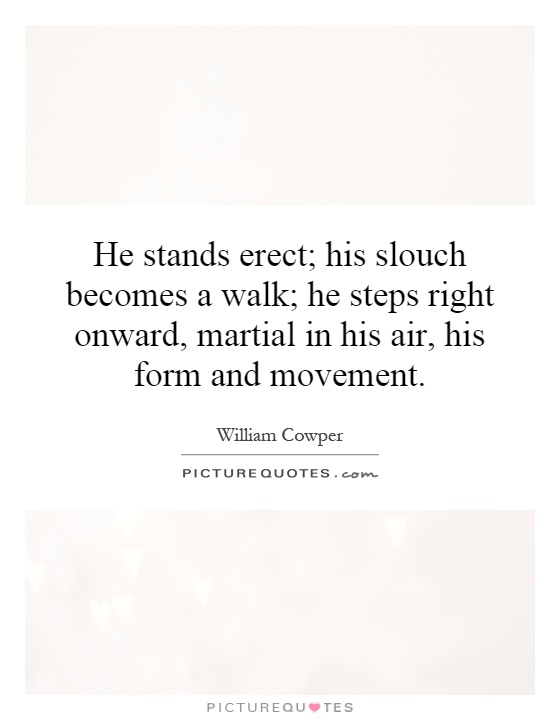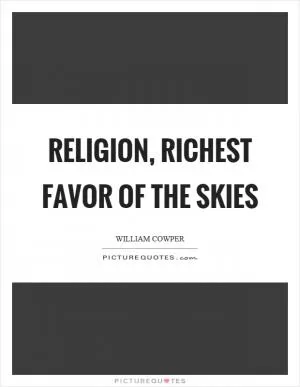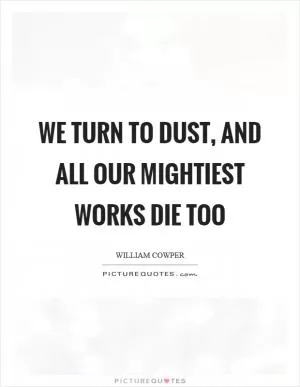He stands erect; his slouch becomes a walk; he steps right onward, martial in his air, his form and movement

He stands erect; his slouch becomes a walk; he steps right onward, martial in his air, his form and movement
William Cowper was an English poet and hymnodist who lived during the 18th century. He was known for his deep religious faith and his ability to capture the beauty of nature in his poetry. One of his most famous works is "The Task," a long poem that explores various aspects of everyday life and the natural world.In the line "He stands erect; his slouch becomes a walk; he steps right onward, martial in his air, his form and movement," Cowper is describing a transformation in a person's posture and demeanor. The image of someone standing erect suggests confidence and strength, while the mention of a slouch being transformed into a walk implies a newfound sense of purpose and determination.
As the person steps right onward, there is a sense of forward momentum and progress. The word "martial" suggests a military or disciplined quality to the person's air, indicating a sense of readiness and resolve. The mention of his form and movement further emphasizes the physicality of the transformation, highlighting the way in which his body language conveys a sense of power and authority.
This description can be seen as a metaphor for personal growth and self-improvement. The idea of standing erect and walking with purpose suggests a newfound sense of confidence and direction. The martial air and disciplined movement convey a sense of inner strength and determination, as if the person has overcome obstacles and is now moving forward with a sense of purpose and resolve.












 Friendship Quotes
Friendship Quotes Love Quotes
Love Quotes Life Quotes
Life Quotes Funny Quotes
Funny Quotes Motivational Quotes
Motivational Quotes Inspirational Quotes
Inspirational Quotes